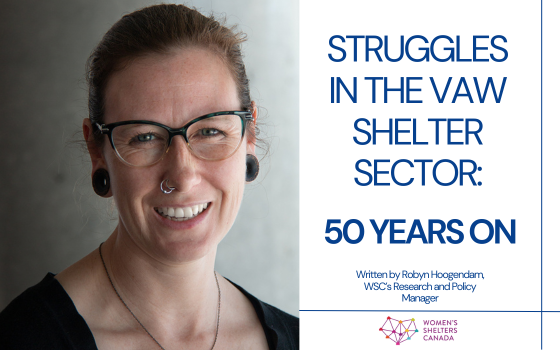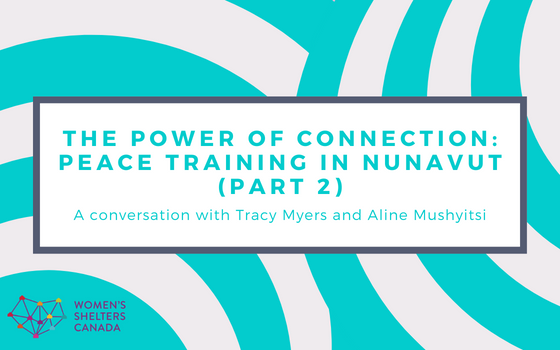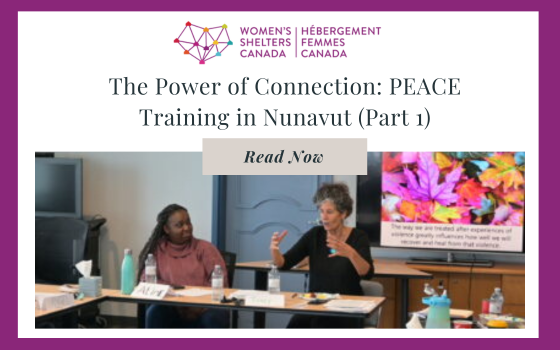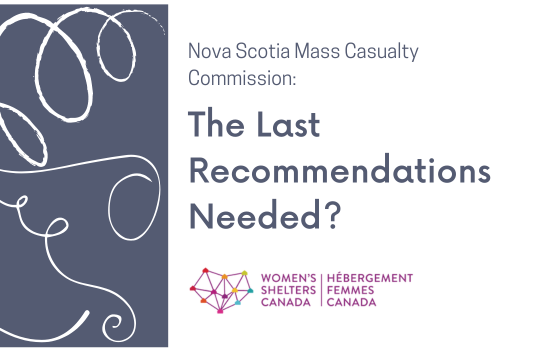Earlier this month, Women’s Shelters Canada was invited to appear as a witness before the Standing Committee on the Status of Women. The Committee is conducting a study of the impacts of the COVID-19 pandemic on women.
Kaitlin Geiger-Bardswich, WSC’s Communications and Development Manager, presented WSC’s statement and answered questions via video link, along with several other witnesses from women’s groups and other organizations.
WSC’s statement concentrated on how COVID-19 has affected women in terms of domestic violence. It’s important to remember, of course, that the pandemic has affected women in a myriad of ways – from limits to reproductive choices and freedom to disproportionate job loss and increased childcare.
Kaitlin spoke of how many shelters saw increases in their call volumes, while others were eerily silent, their shelters nearly empty as women stayed at home, unable to get away from their abuser to make that important call. Shelters were also noting that the severity of violence they were seeing was increasing.
Of course, we know that factors such as stress, job loss, and alcohol can exacerbate violence. However, the virus does not cause someone to suddenly become an abuser. The responsibility for that violence lies ultimately with the abuser.
Kaitlin also talked about how the measures imposed by different levels of government had unintended consequences. Social isolation is an abuser’s dream; now that this isolation was government-sanctioned, the situation for women living in violence worsened. Border closures also caused problems for some women. We heard of one woman who was fleeing her abuser in Alberta and tried to cross the Alberta-NWT border to stay with her mother in Yellowknife. She was refused entry into the territory and told to “go find a shelter in Alberta.”
During the height of the pandemic, WSC asked the provincial and territorial shelter organizations to respond to five questions: whether or not (1) shelters had received provincial/territorial funds, (2) governments were ensuring shelters had access to PPE and EPA-standard cleaner, (3) shelters were considered essential services, (4) shelters were receiving priority COVID testing, and (5) their government had made a public statement about not staying home if home is not safe.
The responses to these questions showed the variety of responses to COVID-19 across the country. Again, we saw that the services a woman can access depend on her postal code. This is why WSC, along with other organizations, continues to advocate for a National Action Plan on Violence Against Women that is robust, well-resourced and intersectional.
Finally, WSC listed its recommendations should there be a second wave of the COVID-19 pandemic:
- Shelters need more core funding.
- All levels of government must stress the message to stay home only if home is safe.
- Canada needs to look to promising practices from around the world when it comes to domestic violence and COVID-19.
- The process of designing and implementing a multi-year National Action Plan on VAW and Gender-Based Violence must begin.
- We stand with Indigenous women’s organizations in calling on the federal government to move quickly to respond to the recommendations of the National Inquiry into Missing and Murdered Indigenous Women and Girls and implement a National Action Plan in response.





Leave A Comment
You must be logged in to post a comment.